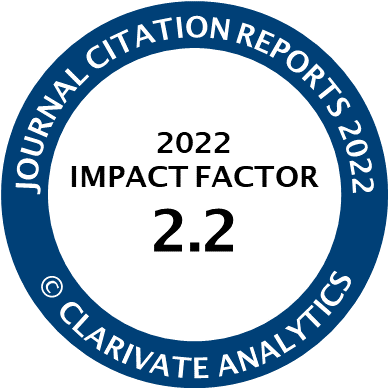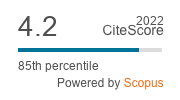Article | Open Access
Disentangling How Populism and Radical Host Ideologies Shape Citizens’ Conceptions of Democratic Decision-Making
| Views: | 3996 | | | Downloads: | 2681 |
Abstract: In this article, we aim to disentangle the extent to which citizens’ conceptions of democratic decision-making are shaped by populist attitudes or rather by radical left and right host ideologies. Following recent work by Landwehr and Steiner (2017), we distinguish four modes of decision-making embedded in different conceptions of democracy: trusteeship democracy, anti-pluralism, deliberative proceduralism, and majoritarianism. Drawing on data from Austria and Germany, we show that populism and radical host ideologies tap into different dimensions of democracy. While populism is primarily directed against representative forms of democratic decision-making, preferences for deliberative procedures and majority decisions appear entirely shaped by radical left and right host ideologies. Populism thus views decision-making based on the general will of the people as the only legitimate democratic procedure, whereas radical left and right host ideologies aim at involving the relevant group(s) of citizens. Further analyses of the interactions between populist attitudes and radical host ideologies confirm that the effects of populism remain robust and thus independent of the specific manifestations of radical host ideologies. These findings help to disentangle the causes of democratic discontent and to develop possible responses through democratic reforms that specifically and separately aim to mitigate populism and radical host ideologies.
Keywords: Austria; democratic decision-making; democracy; Germany; host ideology; populism; populist attitudes
Published:
Issue:
Vol 8, No 3 (2020): Populism and Polarization: A Dual Threat to Europe’s Liberal Democracies?
Supplementary Files:
© Reinhard Heinisch, Carsten Wegscheider. This is an open access article distributed under the terms of the Creative Commons Attribution 4.0 license (http://creativecommons.org/licenses/by/4.0), which permits any use, distribution, and reproduction of the work without further permission provided the original author(s) and source are credited.




